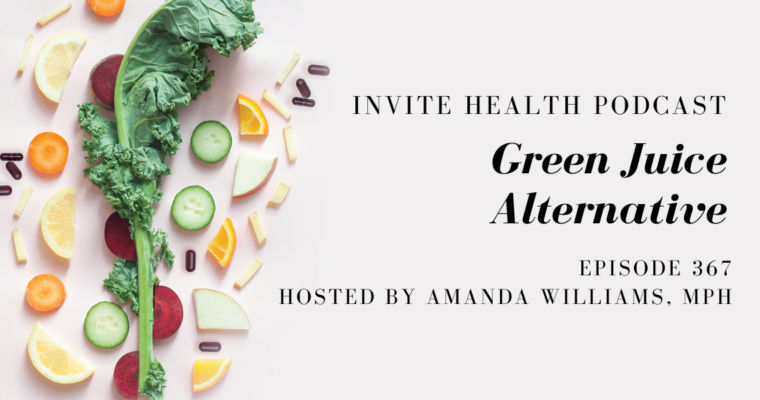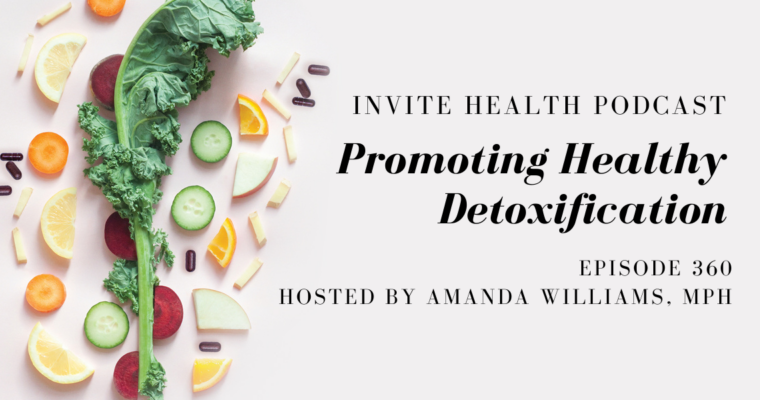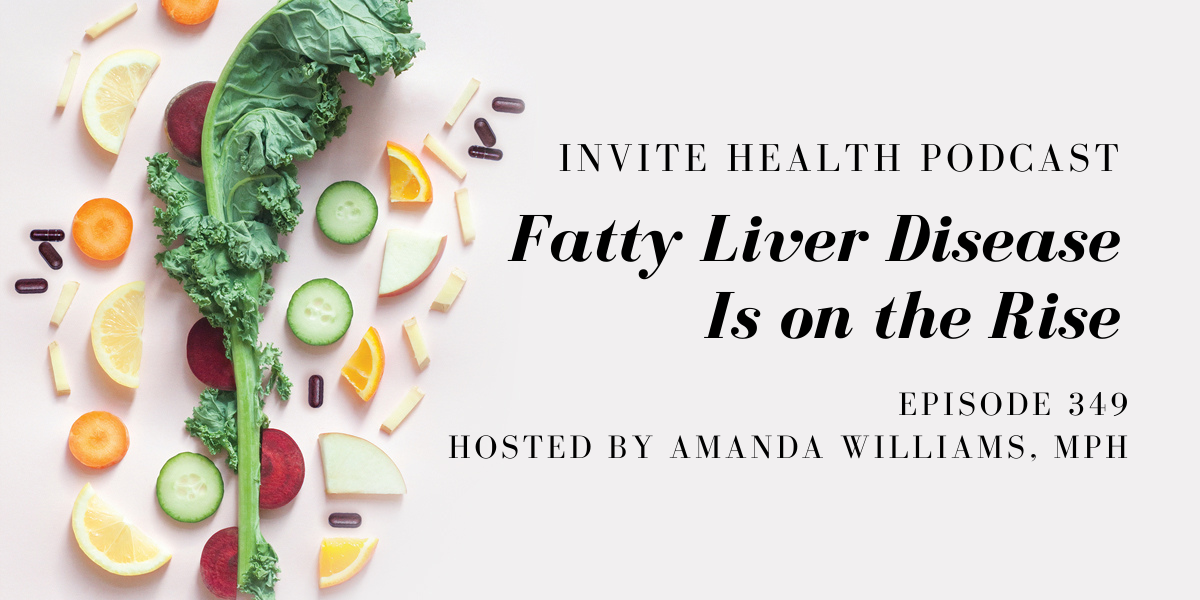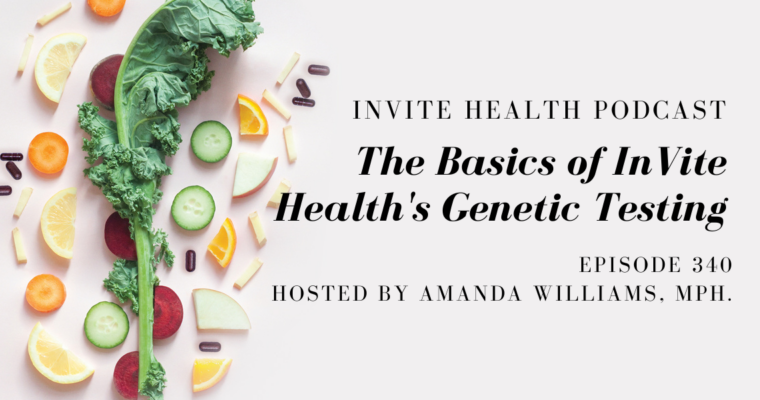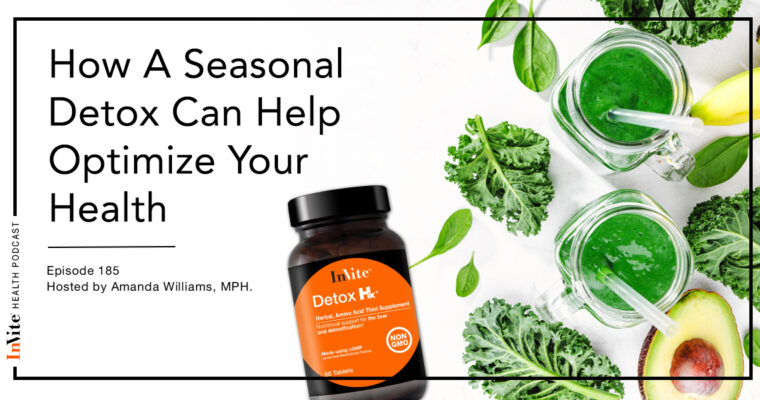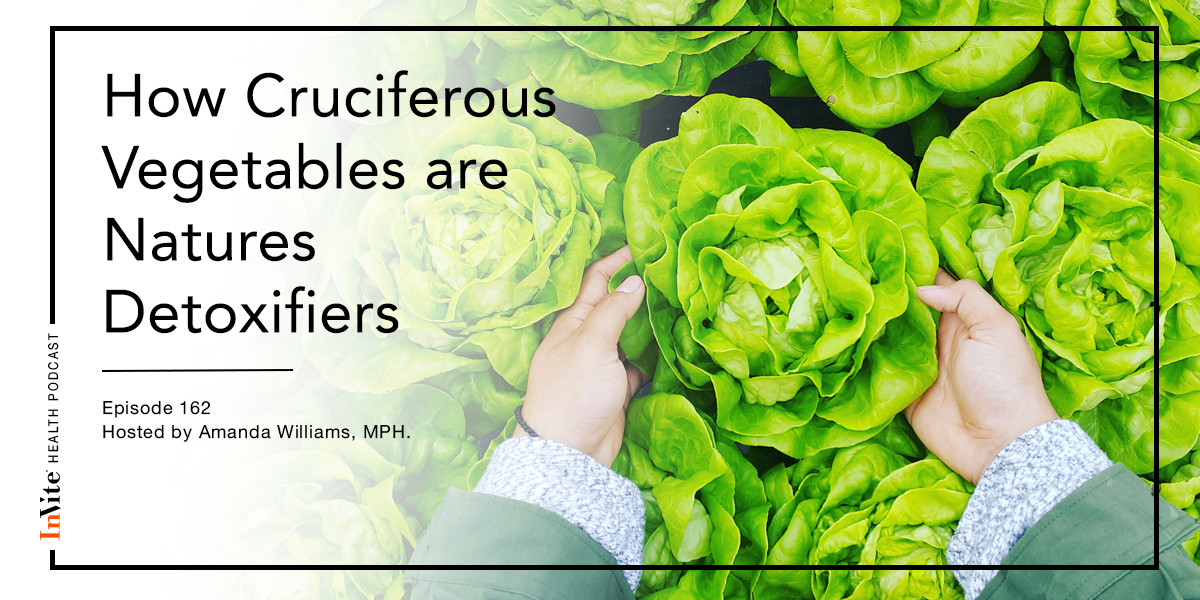fatty liver disease
Invite Health Podcast, Episode hosted by Amanda Williams, MPH
Subscribe Today!
You know how problematic a clogged drain can be, but imagine what would happen if your liver were clogged up. Today, I want to talk about clogged-up livers and talk about non-alcoholic fatty liver disease.†
What is non-alcoholic fatty liver disease?
Non-alcoholic fatty liver disease is a major problem throughout the world and this is becoming increasingly prevalent. It is becoming the leading cause of liver disease throughout the world. This issue has a strong tie to cardiometabolic diseases as well.†
This can all come down to diet. Non-alcoholic fatty liver disease, as opposed to alcoholic cirrhosis of the liver, occurs through the accumulation of hepatic fat. The basic way to describe this problem is “the clogging up of the liver.” When we have an excess amount of fat, it begins to build up within the liver itself and it creates inflammation. This can even lead to liver cancer.†
Some of the risk factors for the pathophysiology of this disease include insulin resistance, dyslipidemias, elevated triglycerides, elevated cholesterol and obesity. There are also different genetic predispositions, but most of it comes down to diet and lack of exercise.†
THE BASICS OF INVITE HEALTH’S GENETIC TESTING – INVITE HEALTH PODCAST, EPISODE 340. Listen Now>>
The role of nutrients in liver health
Every single day, Americans are taking in nutrient-depleted foods. These foods are lacking in vitamins, minerals and antioxidants that are needed to help protect the liver. Because of this, it’s not hard to realize why there has been such an increased prevalence in fatty livers.†
Nutrients such as Vitamin C and Vitamin E are really important when it comes to maintaining the health of the liver.†

If you do find that you have a fatty liver, the first thing you should do is take a hard look at your diet, as well as your levels of exercise. You could also be on a medication that might impacting your liver enzymes. We also have to look at what nutrients we may be deficient in. For instance, many studies have shown that inadequate levels of Vitamin E can be linked to the worsening of non-alcoholic fatty liver disease. Additional studies have shown that when patients with non-alcoholic fatty liver disease begin supplementing with Vitamin E, this can help reduce the amount of oxidative stress and inflammation, as well as liver cell death.†
Omega-3 fatty acids are also going to play a role in this. This includes fish oils, krill oils and flaxseed, which can all help ease inflammation.†
WHY OMEGA-3S ARE SO ESSENTIAL FOR YOUR HEALTH – INVITE HEALTH PODCAST, EPISODE 133. Listen Now>>
In this episode, Amanda Williams, MPH discusses non-alcoholic liver disease, which is becoming more and more prevalent around the world. She explains how this issue impacts liver health, as well as the wellness of the whole body, and lists some nutrients that are important for maintaining the health of the liver.†
Key Topics:
- The prevalence of fatty liver disease in America
- Common factors that impact liver health
- How to know if you have fatty liver disease
- The impact of diet and exercise on liver health
- The role of the liver within the body
Thank you for tuning in to the Invite Health Podcast. You can find all of our episodes for free wherever you listen to podcasts or by visiting www.invitehealth.com/podcast. Make sure you subscribe and leave us a review! Follow us on Facebook, Twitter and Instagram at Invite Health today. We’ll see you next time on another episode of the Invite Health Podcast.


